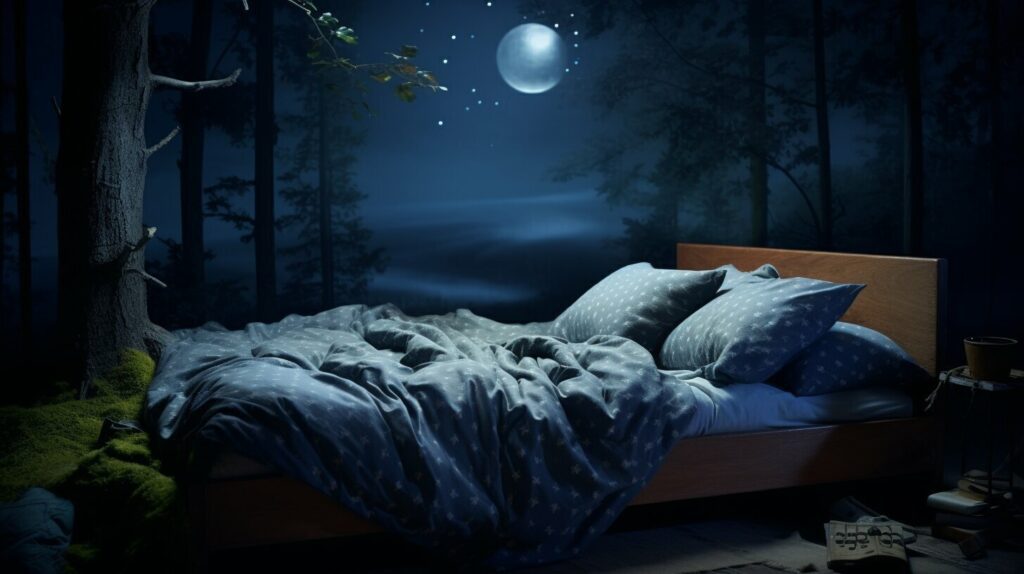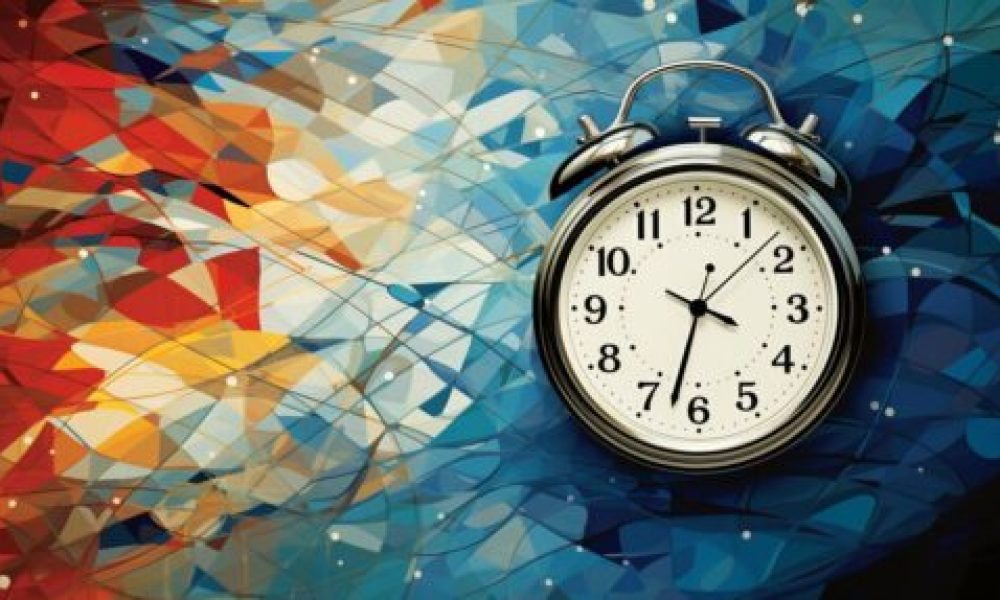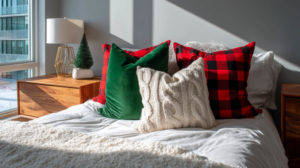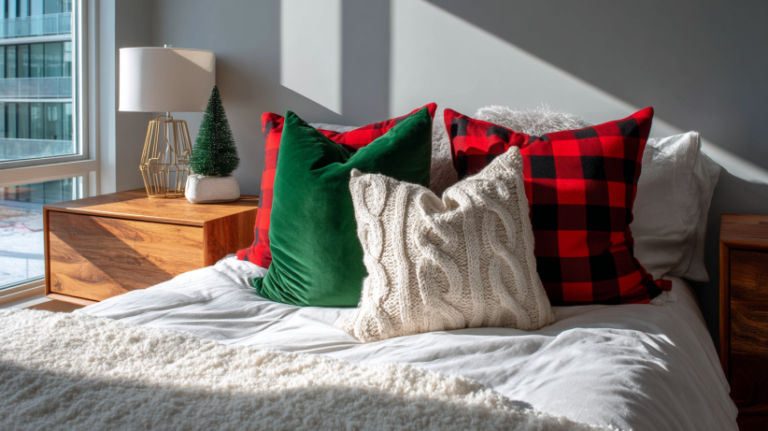We often think of sleep as a luxury, but it’s truly a necessity. Quality rest does more than just make you feel less cranky—it’s the foundation for a healthy, thriving life. Unfortunately, sleep disorders can get in the way, making it difficult to get the rest your body and mind need.
For your brain: Sleep sharpens your memory, improves focus, and boosts creativity. It’s like hitting “save” on everything you learned and experienced during the day. When you sleep well—free from sleep disorders—you think more clearly and make better decisions.
For your body: Your immune system recharges while you rest, helping you fight off illness and recover faster. Sleep also balances hormones that control appetite and metabolism, so it can even help with weight management. But sleep disorders like insomnia or sleep apnea can interrupt these vital processes.
For your mood: With enough rest, you’re more emotionally resilient and less likely to feel anxious, irritable, or overwhelmed. It’s easier to keep your cool and feel more like yourself. Chronic sleep disorders, however, can significantly impact your emotional well-being.
Put simply, good sleep means better mornings, brighter days, and a stronger, more balanced you. So make rest a priority—it’s one of the best investments you can make in your well-being. Learn more about creating a sleep-supportive environment.
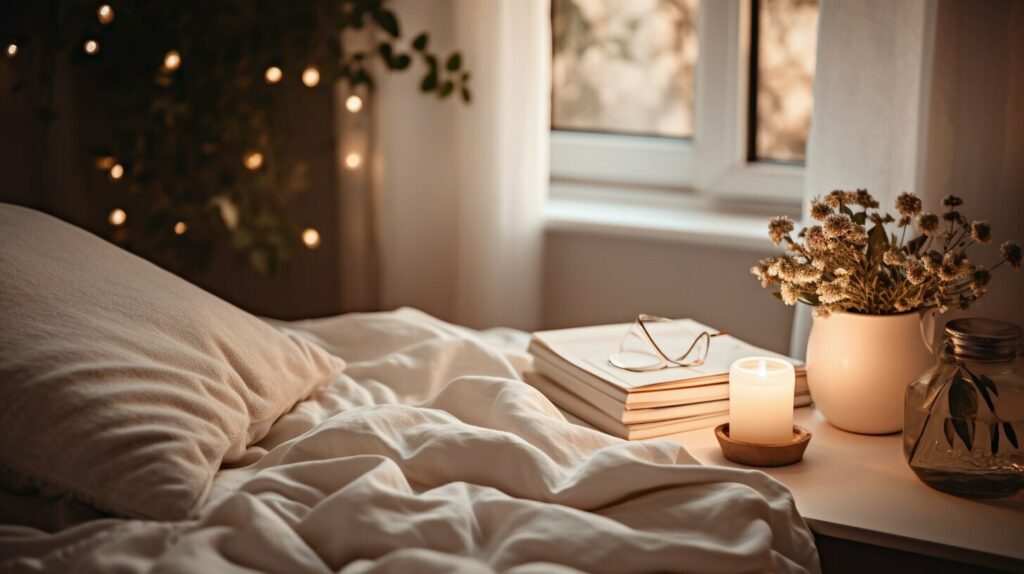
Sleep Disorders and Mental Health
The link between a sleep disorder and mental health is powerful—and often underestimated. When you’re well-rested, it’s easier to manage stress, stay positive, and handle whatever the day throws at you. But when your sleep suffers, your emotional health often takes a hit too.
Lack of sleep can increase feelings of anxiety, irritability, and even sadness. It messes with your mood-regulating hormones, making small problems feel like big ones. On the flip side, struggling with mental health issues like anxiety and depression can make it harder to sleep—creating a frustrating cycle that’s tough to break.
Insomnia often goes hand in hand with anxiety or depression. Sleep apnea has been linked to mood disorders too, likely due to poor oxygen flow and frequent sleep disruptions. And those with restless legs syndrome or narcolepsy may also find themselves feeling emotionally drained and isolated.
The good news? Improving your sleep can do wonders for your mental clarity and emotional balance. A regular sleep schedule, stress-reducing habits, and treating any underlying sleep disorder can help you feel more like yourself again.
If you’re struggling on both fronts—mentally and sleep-wise—it’s okay to reach out for help. Therapists, sleep specialists, and doctors can work together to create a plan that supports all aspects of your well-being. You can start by visiting Sleep Foundation’s guide on sleep and mental health.

The Importance of Sleep Hygiene for Sleep Disorders
Sleep hygiene isn’t just a buzzword—it’s the secret sauce for consistently better sleep. Think of it as a recipe for restful nights, made up of small habits that tell your brain and body it’s time to wind down. And if you’re living with a sleep disorder, these habits become even more important.
Here are a few key ingredients to build your own sleep-friendly routine:
- Consistency is key: Try to go to bed and wake up at the same time every day—even on weekends. This helps reset your body’s natural rhythm.
- Create a calming routine: Wind down with quiet activities like reading, stretching, or sipping herbal tea. Avoid screen time and stressful tasks right before bed.
- Design your sleep space: Make your bedroom cool, dark, and quiet. Invest in a good mattress and blackout curtains, and keep the electronics out.
- Watch what you eat and drink: Avoid heavy meals, caffeine, and alcohol in the evening. These can disrupt your sleep or make it harder to fall asleep in the first place.
- Stay active—but not too late: Daily movement can improve sleep, just try to finish workouts at least a few hours before bedtime.
Good sleep hygiene takes practice, but even small changes can lead to big improvements. And when you’re managing a sleep disorder, those improvements can make a real difference in how you feel each day. For more, explore our recommended sleep products.

Understanding Restless Legs Syndrome as a Sleep Disorder
Ever felt like your legs just wouldn’t sit still, especially when you’re trying to fall asleep? That might be restless legs syndrome (RLS). It’s more than just an annoying twitch—it’s a type of sleep disorder that can keep you up at night and leave you feeling drained the next day.
RLS causes uncomfortable sensations in your legs—like tingling, crawling, or an itch you can’t scratch—that only seem to ease up when you move them. The catch? These symptoms usually hit hardest at night, when you’re trying to wind down.
This condition affects people of all ages but tends to become more common as we get older. Researchers think it may be linked to a dopamine imbalance in the brain, which helps control muscle movements.
If you think RLS is interfering with your sleep, talk to your doctor. Simple lifestyle changes—like cutting back on caffeine, staying active during the day, and practicing good sleep hygiene—can help. In more severe cases, medication may be needed. Read more at Mayo Clinic’s guide on RLS.
Managing Narcolepsy: A Chronic Sleep Disorder
Narcolepsy is more than just feeling sleepy—it’s a chronic sleep disorder that makes staying awake during the day feel like an uphill battle. For those living with it, nodding off mid-conversation or experiencing sudden muscle weakness from laughter or surprise can be everyday challenges.
People with narcolepsy often describe an overwhelming urge to sleep, no matter where they are. It can be scary and isolating, but with the right treatment and support, it’s absolutely manageable.
Treatment for narcolepsy usually involves a combination of medication and lifestyle adjustments. Stimulant medications can help with daytime drowsiness, while other prescriptions may manage symptoms like cataplexy (sudden muscle weakness). But just as important are daily routines—scheduled naps, consistent sleep and wake times, and creating a sleep-friendly environment can all help.
If this sounds like your experience, you’re not alone. Talk to a sleep specialist who can guide you toward a plan that works for you. Life with narcolepsy can still be full, focused, and vibrant—with the right tools and support behind you. Learn more from the Sleep Foundation’s narcolepsy overview.
Comprehensive Sleep Disorder Management
When it comes to improving sleep, there’s no one-size-fits-all solution. Managing a sleep disorder often means combining strategies that work best for your body, your routine, and your goals.
Start with the basics: Simple habits like regular bedtimes, creating a relaxing bedtime routine, and keeping your bedroom cool and quiet can make a big difference. These foundational steps are easy to overlook but incredibly powerful.
Behavioral tools like CBT-I: Cognitive Behavioral Therapy for Insomnia is a research-backed method that helps you reframe negative thoughts about sleep and replace them with healthy behaviors. It’s often more effective than medication—and long-lasting.
Medication (if needed): Sleep aids or medications for conditions like narcolepsy or RLS can be very helpful, especially when paired with good sleep habits. Always talk to your doctor to ensure the safest and most effective approach.
Explore complementary therapies: Meditation, acupuncture, and herbal supplements (with medical guidance) can support relaxation and ease sleep struggles.
The goal is to treat the root cause of your sleep disorder—not just mask the symptoms. With time, patience, and the right support, better sleep is absolutely within reach.
